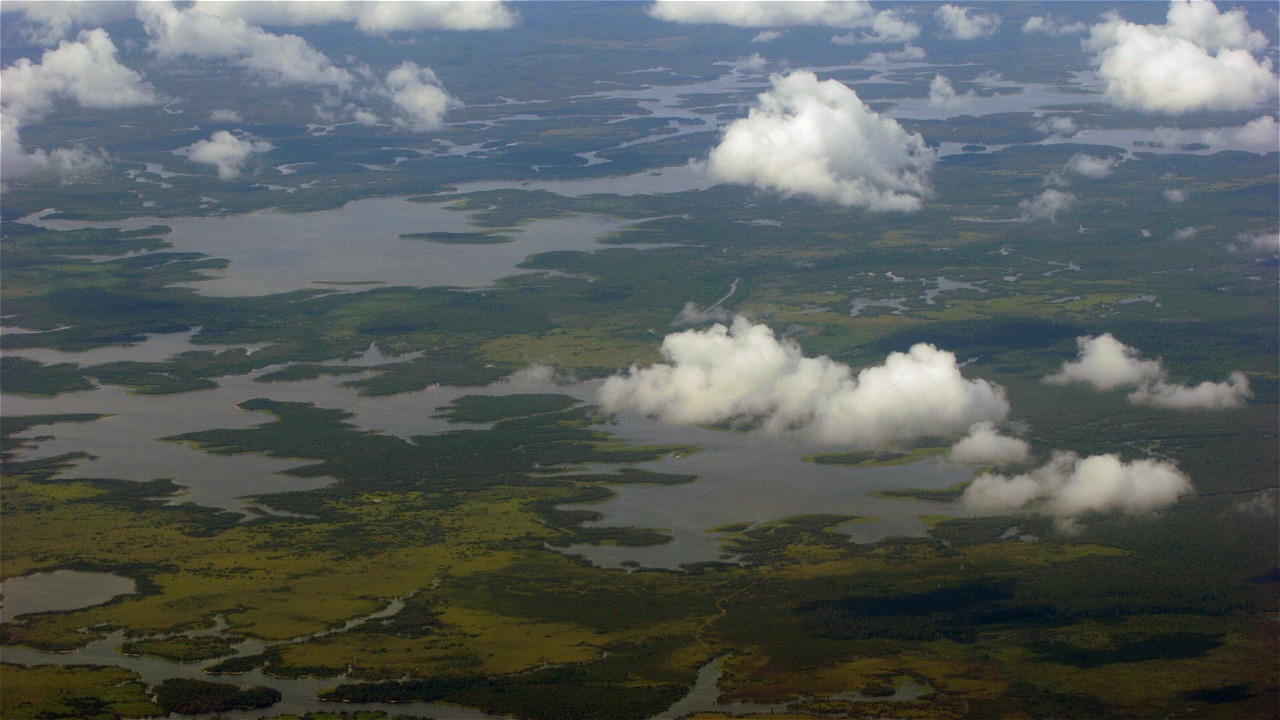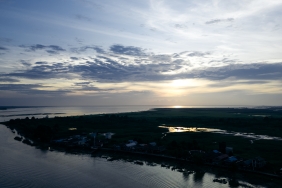EARTH IN MOTHER'S HANDS
After being established by the Third Indonesian Women's Congress held in 1938, and after President Soekarno issued Presidential Decree No. 316 in 1959, December 22 was commemorated as Mother's Day in Indonesia and continues to be celebrated every year until today. It is on this day that mothers reflect on their role in the family. On this date, all Indonesian people also commemorate the spirit and struggle of mothers in an effort to provide a quality life for their families, now and in the future.
Of all the roles held by a mother, one of the biggest but often unrecognized by mothers is their role as guardians of the environment for the future of their children and families. How so?
The figure of a mother is so influential in the family, it is the mother who is the figure of decision-making when shopping for household needs, it is also the mother who determines what to buy, from kitchen utilities to the needs of children and husbands. In the social environment, mothers are also influential figures who can share experiences and shopping recommendations with each other. Not many realize that the power and role of mothers can encourage and move the industry in a greener direction.
So far, the industry is not required and closely monitored to carry out production in an environmentally friendly manner. As a result, the industry is free to carry out production practices that threaten environmental sustainability and endanger future survival. To produce palm oil and paper, for example, forests are cleared illegally and burned. In the sea, fish are caught on a massive and reckless scale, destroying ecosystems and leading to extinctions. According to the Living Blue Planet Report, in less than half a century half of the fish population has disappeared. What will be left in the future if these methods of exploitation continue?
On Mother's Day, WWF Indonesia invites mothers to continue to act wisely when shopping, raising awareness of the devastating impacts of climate change in 2015, such as the absence of rain for 3 months which resulted in drought and exacerbated forest fires in Kalimantan and Sumatra. Mother's Day is the perfect time to encourage mothers to save the lives and future of Indonesia and the world.
In a time when plastic bags were not a thing, mothers shopped for groceries at traditional markets, where products were locally produced and did not require long distribution chains. Mothers brought their own shopping bags from home filled with spices, meat and fresh vegetables wrapped in old newspapers, leaves or tied with string. Today, mothers shop at large supermarkets and buy products that have gone through long production and distribution chains. Often, the products are imported from overseas. These foodstuffs are wrapped in cans, plastic and often styrofoam. When returning home, moms will carry large plastic bags filled with the results of shopping.
This condition states four things: the accumulation of non-organic waste, the waste of fossil fuels, environmental pollution and increased greenhouse gas emissions in the atmosphere.
Mothers can still change this condition. If you still don't feel comfortable returning to shopping for local products in traditional markets, you can start by reducing the use of plastic bags and shopping for products in large packages to make it more economical, reduce waste and save fuel because you don't have to go to the supermarket too often. Afterward, moms can join WWF Indonesia in implementing sustainable shopping principles under the banner of the #BeliYangBaik campaign. Mothers are expected to buy products that are made sustainably by paying attention to environmentally friendly labels on the packaging, including RSPO (Roundtable on Sustainable Palm Oil) and FSC (Forest Stewardship Council) labels.
History records so many good changes made by women, this is an opportunity to start making that change, If mothers unite and agree to shop wisely, the future of a preserved earth is the legacy we will leave.
Happy Mother's Day, moms...





